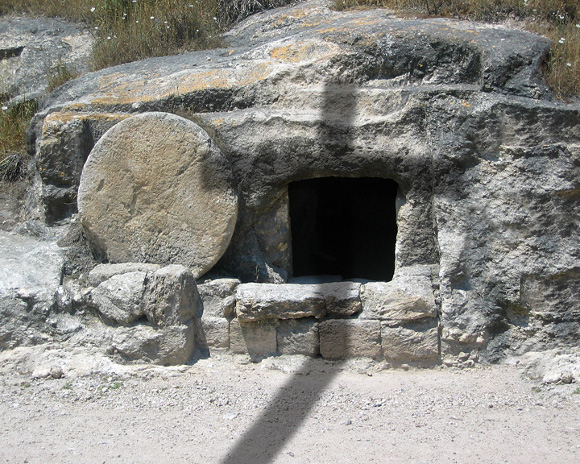There are many other examples from the Gospels that make reference to Jesus’ deity. The Apostle Paul, more clearly than any other writer, with the possible exception of John, provides us with a clear theology of Jesus’ divine and human natures. Here are a few examples from his writings.
Paul’s letters make up about a third of the New Testament. Paul believed strongly and taught that Jesus was God. One of Paul’s most famous passages discussing Christ’s divinity is Philippians 2:6-7. “Though he was God, he did not demand and cling to his rights as God. He made himself nothing; he took the humble position of a slave and appeared in human form.” This passage discusses Jesus giving up some of the traits of God while still retaining the divine nature of God.
A second verse from one of Paul’s letters is worth highlighting. “For in Christ the fullness of God lives in a human body.” (Colossians 2:9) Paul is emphasizing both of Jesus’ natures in this verse, the human and the divine.
Another important reason that Christians believe that Jesus is God is the resurrection. Paul taught that Jesus’ resurrection was what confirmed Jesus’ deity For the early Christians, and every generation of believers since them, the resurrection is the central point of the Christian faith. If the resurrection of Jesus is removed, Christianity would collapse like a tent. Paul goes so far as to say, “And if Christ has not been raised, then your faith is useless.” (1 Corinthians 15:17)
The resurrection goes beyond Jesus being raised from the dead. The New Testament teaches that He was, “the first of a great harvest of all who have died.” (1 Corinthians 15:20) Because Jesus defeated death, His followers have the hope of resurrection one day as well.
When Jesus left the tomb behind after being executed by the Romans, He did what no other prophet, religious leader, or person has ever done. Jesus was not the first, nor was He the last “messiah” that the Romans crucified. Normally, after their messiah was put to death, the followers would fade into the shadows. Jesus’ followers, however, saw Him, touched Him, and ate with Him after the resurrection. For them, they understood that God had truly come to earth in human flesh. For us who have never seen Him in the flesh, we have Jesus’ words to His Apostle, Thomas, “Then Jesus told him, “You believe because you have seen me. Blessed are those who haven’t seen me and believe anyway.” (John 20:29)
Would you consider partnering with Annie and I as we serve in Brazil? Obrigado! (Thank you!)



